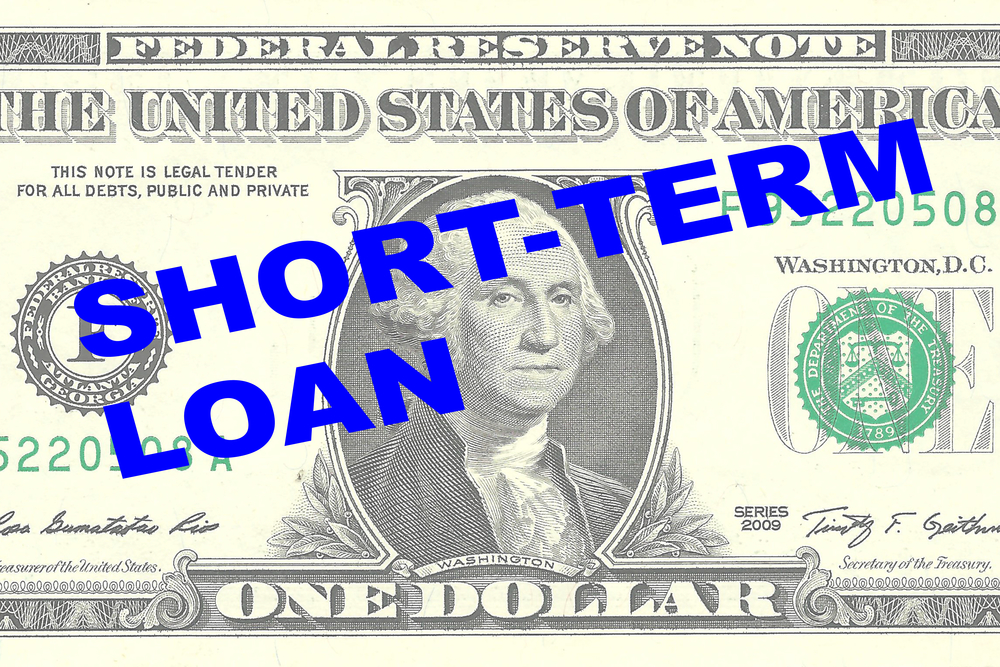There are many different types of loans a person can take out, from many different types of lenders. For example, a college student can take a student loan from the government, from a private lender, or from the bank, whereas a new homeowner can take a mortgage out from a whole handful of different providers. Each type of loan and lender has very different payment terms, interest rates, and requirements for eligibility.
Taking out a loan for your business is no different. There are so many different types of business loans, it can be intimidating to know if you’re choosing the right one. In this series, we will talk about the 5 main loans you can take out for your business. Today we will cover one of the most attractive loans taken out by business owners: Short Term Loan.
What Is a Short Term Loan?
A Short Term Loan is just like any typical loan, except for the fact that it must be paid back within a year a less. As with a medium or longterm loan, the decided upon lump sum of money is given upfront to the lendee, and the payment terms are set up upon signing. An interest fee is paid along with the principal balance throughout the period of one year, until the money is all paid back. This is typically done on a weekly basis, as opposed to bi-weekly or monthly.
Who is a Short Term Loan Best For?
A Short Term Loan is excellent for business owners who may not qualify for a line of credit, and who simply need a boost of working capital. This type of loan is great for people who find themselves in urgent need of cash, in as little time possible.
The Benefits of a Short Term Loan
One of the great things about the Short Term Loan is that the majority of applicants will find themselves eligible for it. Often times, even lendees with a very low credit score have the opportunity to take out this type of loan, and with a very quick and easy application process, they will find themselves with cash in hand in no time.
The Cons of a Short Term Loan
Of course, because of the lax eligibility requirements and easy application process, it can be expected that the interest rates will be higher than other types of loans. In fact, Short Term Loans have some of the highest fees of any type of business loan available. Going along with that, the payment terms for Short Term Loans are typically weekly, and certain business might find this difficult to keep up with, especially those whose revenues vary greatly week to week or month to month.
Does a Short Term Loan sound like the right type of loan for you? Get more information here.








